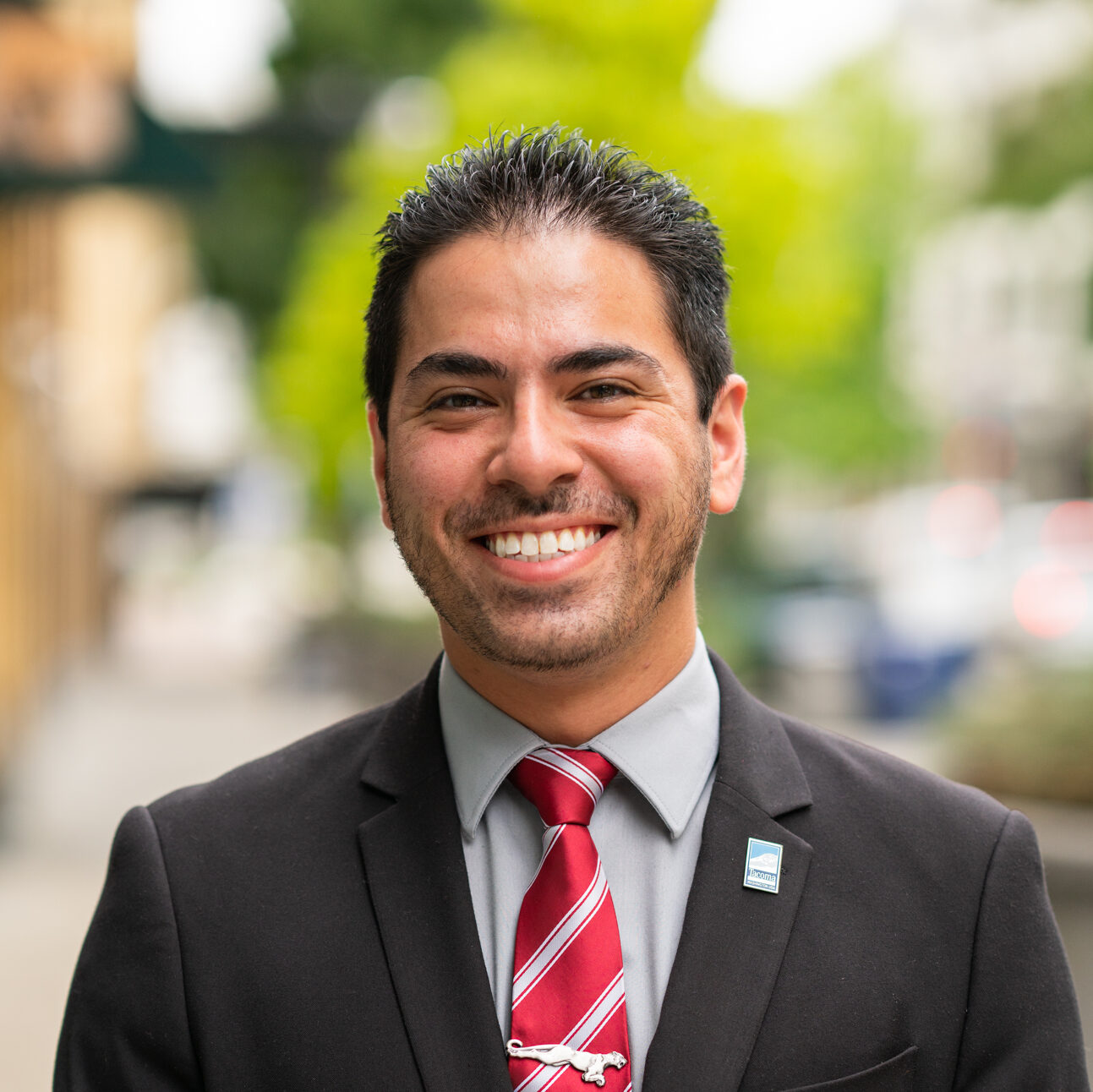A New Earn & Learn Pilot in Tacoma, WA Combines Funding Streams to Strengthen Work Options with Wrap Around Supports for Vulnerable Residents – Part of the Cities of Opportunity (CoO) Initiative
Almost 86% of Americans live in cities. As city leaders grapple with continuous change, they must work to adapt and summon resources to meet the ever-changing needs of their residents. And while many city residents continue to thrive, long-standing structural and racial inequities have resulted in deep disparities in health, economic and social well-being— often concentrated in certain neighborhoods or zip codes. The need for action has only increased in urgency as the COVID-19 pandemic has exposed and amplified ongoing inequities, particularly those at the intersection of health, housing, employment, and the built environment.
The National League of Cities (NLC) Cities of Opportunity (CoO) initiative builds on the important role that city leaders play in addressing structural inequities through social determinants of health (the factors or conditions that influence how well we live, and how long we live) framework to improve equity and opportunity for all. With this in mind, as part of the CoO initiative, NLC launched the Mayors’ Institute to Spur Job Creation and Economic Opportunity to Improve Health and Equity through COVID-19. Through a selective application process, six cities took part in the Institute effort, developing multi-year work plans incorporating health and racial equity within their policy and systems change approaches to spur job creation and economic opportunity for low-to-no income residents. Informed and guided by data, cities engaged in the effort, worked to advance anchor institution partnerships and address structural barriers to employment.
Across cities, a significant challenge in addressing these issues is working towards sustainability of efforts, and the necessary financing to support this work. As part of their work in the Mayors’ Institute, Tacoma, WA is taking an innovative approach to financing these efforts as they launch a new workforce development pilot that braids funding streams to strengthen opportunities for low-to-no income residents in the Salishan community (a mixed-income, mixed-use neighborhood of affordable and market-rate rental units, single-family homes, commercial buildings, and parks).
Tacoma, WA: Introduction to Healthcare Apprentice Pathways (IHAP) Earn and Learn Pilot
The Healthcare Apprentice Pathways pilot began in 2021 as a collective effort of the City’s Tacoma Anchor Network, a partnership of Tacoma-based agencies, education institutions, and hospital systems. The focus of the effort was on place-based change through local workforce development, local procurement and business support, and local impact investing. In developing IHAP the Network sought to address the dual challenge of a workforce decimated by the pandemic paired with increased demand for healthcare services. Further, they sought to do so while expanding opportunities for low-income and displaced workers to find livable wage jobs with benefits.

As participants in the Mayor’s Institute, they were able to focus this effort and become more intentional in their work, moving them from idea generation to action more quickly than if Tacoma pursued this alone. The City’s participation in the Mayor’s Institute also helped to build out additional data to support the pilot community through a partnership with MySidewalk and the City’s own Equity Index. A closer look at key data illustrated where workforce development programs would have the largest impact.
What resulted was a two-part pathway pilot in the Salishan neighborhood that aims to give residents the skills necessary to enter the healthcare workforce, while at the same time, providing compensation for training. The City committed to funding the pilot following the evidence-based “Earn and Learn” model to help ensure that individuals facing barriers to participation can successfully complete the program. Every Tacoma resident enrolled in the pilot receives full wrap-around support during the training and for up to six months after the program. This support includes access to transportation, childcare, technology, including computers and internet access, as well as cash stipends. The design of this pilot worked to address key barriers identified by Tacoma residents, including the inability to take off work to pursue training for a career change that helps to ensure greater economic mobility.
To create buy-in and long-term sustainability for the pilot pathway, the City of Tacoma, with Pierce County, and the City’s Workforce development organization, Workforce Central, braided various funding sources to bring the pilot to fruition. The braiding was essential to finance the wrap-around services and cash stipends to participants. Specifically, Tacoma City Council Member, Kristina Walker, provided invaluable leadership and advocacy for the pilot, which led to the identification of funding from both the City and the County, including the ability to plan for the next phases of the pilot in future workforce development budgets.
For the pilot, about 70% of the funding is supported by the federal Workforce Innovation and Opportunity Act (WIOA), and the other 30% comes from the City of Tacoma and Pierce County. For the pilot, the City and County’s contribution came from American Rescue Plan Act (ARPA) funds, and in the future, it will come from their respective general funds that support workforce development programs. While the City’s funding is not the largest portion of the project, it is incredibly critical to the pilot’s success by filling gaps that cannot be covered by WIOA funds. This includes supporting the training of local community colleges to host the pilot in the future beyond the Salishan community and Tacoma boarders. This creates a more robust pilot program that allows each entity to see that their priorities are met and sets the path for future funding and expansion of the program.
The pilot will conclude mid-year 2022, and an analysis will follow to capture successes and needed improvements as the work expands. If these supports prove successful, over time, they will be expanded to all workforce development programs in the region. Through this work in the Mayor’s Institute, a critical lesson learned is that without multi-sector partnerships and funding, this pilot would just be another training program and would not have the robust support and direct funding of participants that can lead to a transformative change in the entire fabric of workforce programs in the region.
Learn More
To learn more about Cities of Opportunity send an email to the NLC’s Health & Wellness team.

About the Authors:
Bucoda Warren, Strategic Initiatives Coordinator, City of Tacoma.

Sue Polis is the Director of Health and Wellness within the Institute for Youth, Education, and Families.

Olga Kozlova is a Health & Wellness Senior Specialist within the Institute for Youth, Education, and Families.









